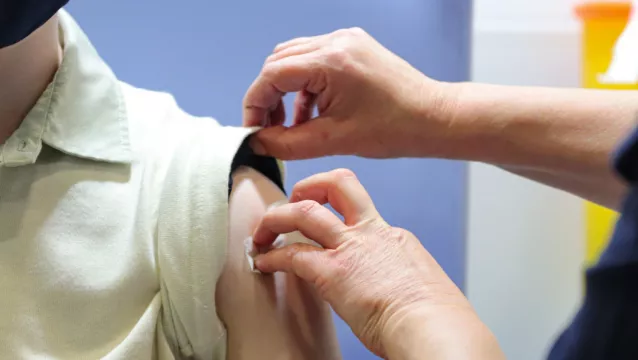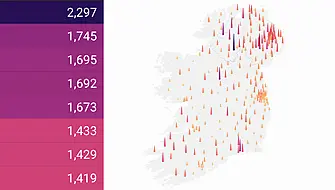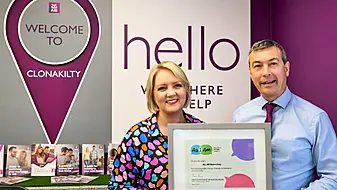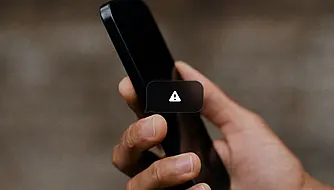Ireland could approve the rollout of Covid-19 vaccines to children aged between five and 12 in the next month, the Taoiseach has said.
The US Food and Drug Administration (FDA) recently approved the use of jabs for children in that age cohort, and the European Medicines Agency (EMA) is set to consider the same measure.
Micheál Martin said Ireland’s National Immunisation Advisory Committee (Niac) will also consider the move, but it is “some weeks away”.
He said: “You saw also the FDA, for example, approving the use of vaccines for children between five and 12.
“My understanding is the EMA will now give that consideration. When the EMA have given that consideration, Niac and our authorities will give that consideration.
“But that’s some weeks away, probably a month away before the authorities will be in a position to make an assessment in respect of vaccines.”
It comes amid concerns over Covid-19 in children aged five to 12, with the age group now having the highest infection rate in the country.
It has led to calls for the resumption of close contact tracing among symptomless children in primary schools, a measure Tanaiste Leo Varadkar said earlier was under consideration by health officials.
However, the Taoiseach ruled that out later on Friday after speaking with chief medical officer Dr Tony Holohan.
Delighted to open a new 40-bed unit at Tipperary University Hospital.
A dramatic improvement for patients and staff, as part of 1000 additional beds in our health system by the end of 2021.
A special tribute to the team here for all their work during the pandemic. pic.twitter.com/eIafUgySgA— Micheál Martin (@MichealMartinTD) October 29, 2021
Speaking at the opening of the new 40-bed Modular Unit at Tipperary University Hospital, Mr Martin said: “I spoke the chief medical officer just an hour before I arrived.
“There’s no return to widespread contact tracing for children, because we don’t want children out of school for 10 days unnecessarily.”
The Taoiseach said antigen testing could be introduced in schools on a pilot basis.
He added: “The CMO was at pains to point out to me, and I had it confirmed on the ward here in the paediatric ward, that the real issue is not Covid for children overall in healthcare terms.
“The real issue was other respiratory illnesses. The same advice applies in terms of general behaviour.
“Covid is spread in the community more than it is in schools. And that basically, schools have remained safe places for children.
“I think we have to keep it in perspective. That’s the key message from the CMO today.
“It’s also one that I’ve had confirmed on the ward for me. The number of children admitted to this ward here in terms of Covid is very, very few.”
Speaking earlier in Monaghan on Friday, the Tanaiste told reporters he was aware of a growing rate of infection among children aged five to 12, and it was being monitored by the Government.
He said the National Public Health Emergency Team was considering whether testing should resume in some form for primary school children.
The Irish National Teachers’ Organisation has already called for the reintroduction of testing and contact tracing in primary classrooms.
Health officials have repeatedly said schools remain safe for pupils and many infections are occurring outside the gates.
Mr Varadkar said it is not a “surprise” to see infections among young children, as they are one of the last segments of the population to be unvaccinated.
He added: “It is not possible to be vaccinated when you’re under 12 at the moment. Although hopefully that will change, and there are indications that will change in the next couple of months.
“There has been an increase in incidence and that’s not something we’re complacent about at all.
“So one of the matters that Nphet is reviewing now at the moment is whether we should resume testing of primary school children.
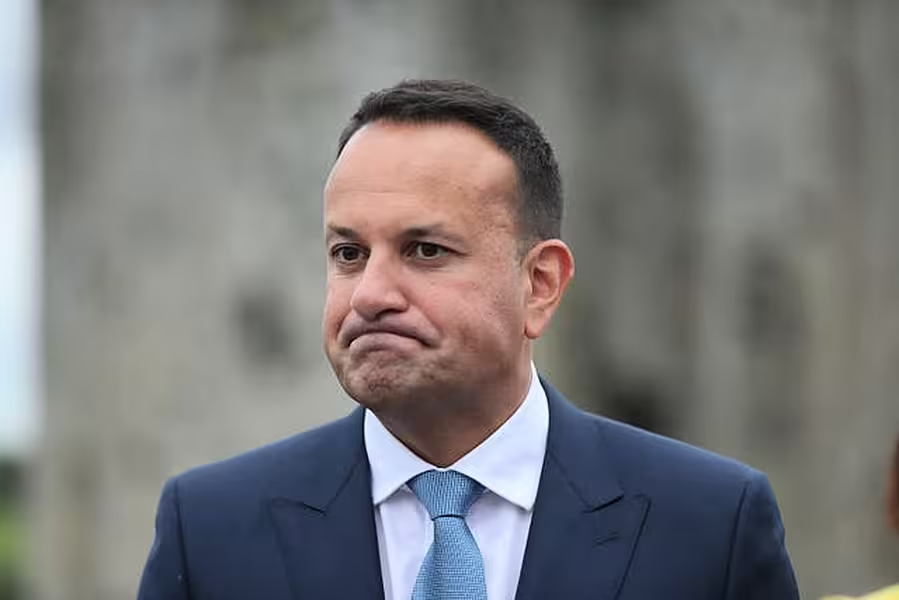
“If there is a change it’ll be more likely a move to testing rather than contact tracing.”
Mr Varadkar stressed the Government does not want to see thousands of children excluded from school for being designated as close contacts.
Asked about a potential return of restrictions more widely, given the rising number of Covid-19 cases and hospital admissions in Ireland, Mr Varadkar said: “My expectation is that we won’t have to go backwards in terms of restrictions.
“The restrictions that we have in place at the moment will more or less remain as they are until we get through the winter.
“I’ve always felt we had to get through another winter before we can say the pandemic was safely behind us. But we will keep reviewing them as time goes on.”
